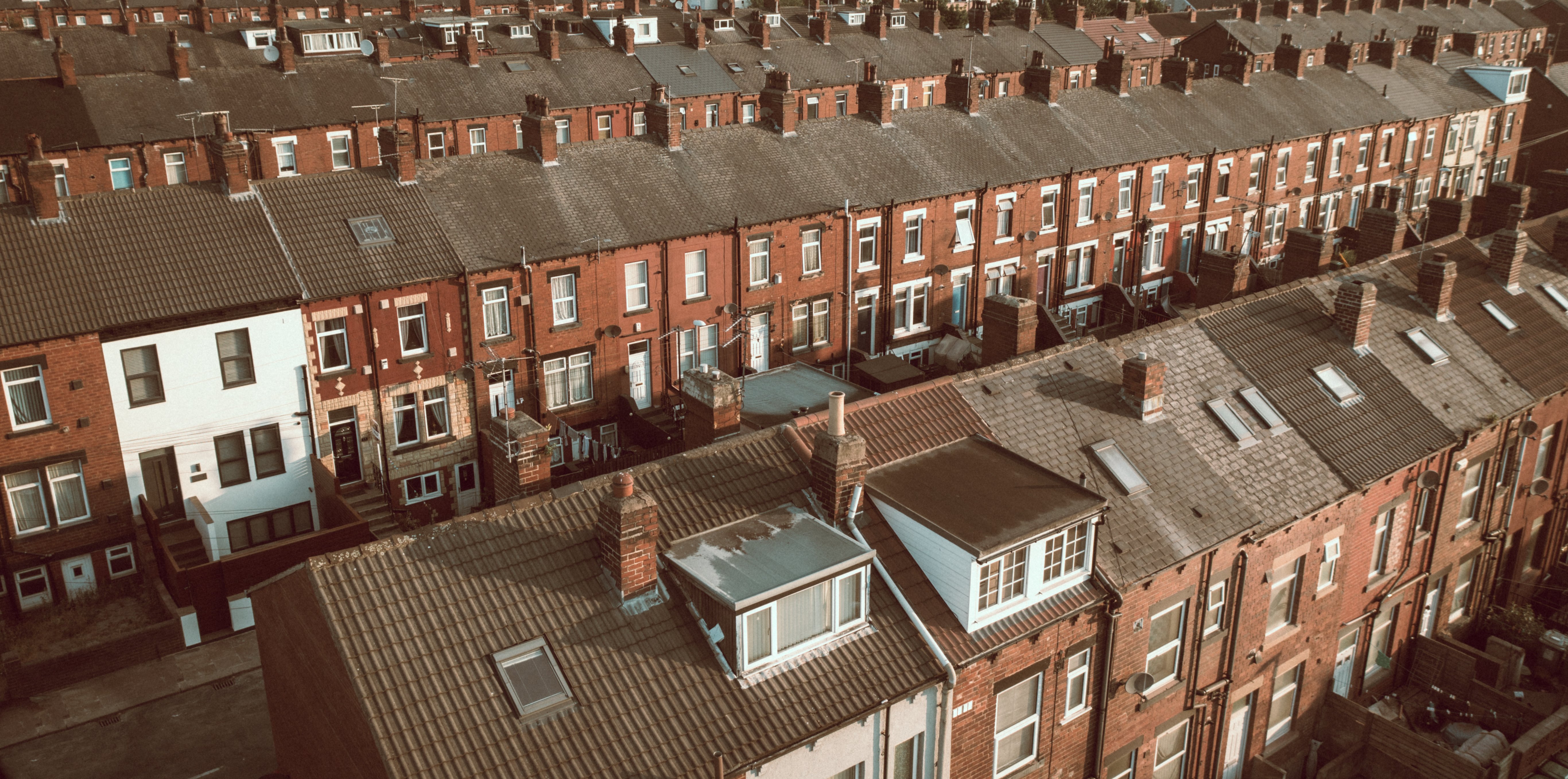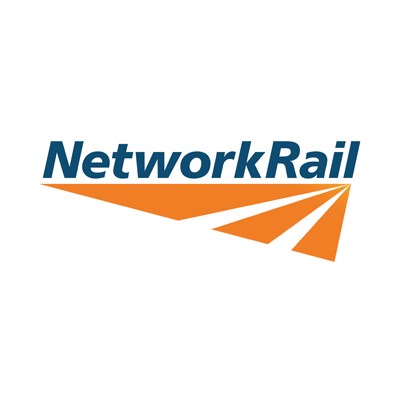
What New Guidance On Social Housing Will Mean For You
The country expressed feelings of failure and disgust, as news broke that insufficient acknowledgement and responsibility of local councils and government had resulted in the devastating demise of toddler, Awabb Ishak from Rochdale, Greater Manchester in December 2020.
The events that followed brought serious repercussions against the local authorities and individuals responsible, after it quickly emerged that they had been ignoring multiple complaints and reports of extensive mould in the single bedroom flat, shared by the family.
‘Awwab’s Law’ has now been enforced - though many wouldn't describe it as enough to compensate for the cost of life. Without a doubt, this should be a wake-up call to social housing associations and landlords across both the public and private sector. The housing guidance lays out a change to the minimum standards and practices that providers and landlords must ensure as a minimum for the wellbeing of their tenants. It highly focuses on targeting those in charge of the properties who must take urgent action and provide concrete solutions towards health-damaging living conditions., while some key points of the bill have only become legally enforceable now:
The Social Housing Regulation Act
• Landlords must ensure that the accommodation they provide is free from serious hazards, including damp and mould, and that homes are fit for habitation. They must treat cases of damp and mould with the utmost seriousness and act promptly to protect their tenants’ health.
• Damp and mould in the home are not the result of ‘lifestyle choices’, and it is the responsibility of landlords to identify and address the underlying causes of the problem, such as structural issues or inadequate ventilation.
• Provide new powers for the Housing Ombudsman and change the law so that social housing residents can complain directly to the Ombudsman
• Review the Decent Homes Standard and apply it to private rented homes for the first time
• Introduce new professionalisation standards that will require senior housing staff to hold, or work towards, recognised housing management qualifications
• Introduce the new private rented property portal and give all private tenants access to an ombudsman if their landlord fails to resolve legitimate complaints
So, what does this mean in practical terms?
Ensuring the Property Is Free From Serious Hazards: Given the changes to UK social housing requirements, providers across the country will now be forced to act upon issues that are found and reported within properties. They would then be expected to provide safeguarding and precautionary measures to ensure that issues are dealt with accordingly, as these problems shouldn’t occur in the first place – further sections of the bill detail that they are legally accountable to pay for the issues found within tenants’ homes - with particular emphasis on damp and mould.
The shameful amount of ignorance that precedes the changes to the guidance won't necessarily fill the void of trust between the public and local authorities; despite the slow, yet still progress that’s been made over the last few years. We can all remember the equally unbelievable events of the Grenfell Tower in 2017 – and to this day in any town or city near yourself, you'll still see ongoing efforts to refurbish the inadequate cladding in urban buildings.
Damp And Mould Are Not The Result Of Lifestyle Choices: Say it louder for the people in the back! For those of us who have either rented or expect to do so for a significant part of their life (if you’re under 40, basically) - the endless debates with wealth-ier landlords over who’s fault a 110-year-old building’s condition is usually results in something along the lines of “your actions and lifestyle has caused this”. Unsurprisingly, the tenant takes the blame without evidence and ends up paying out of their deposit – or blackmailed with a costly court battle.
The fact of the matter is this... If the highest levels of government can recognise that this is happening on a broad enough scale – then the reality will have been truly been dire until recently, and the damage to public health will have already been made. The action taken has been welcomed by the wider public and activist groups without a doubt. The end of pointless disputes will result in housing associations and landlords being responsible for the building’s overall condition. This will include essential maintenance work, repairs and improvements. This is a huge step forward, particularly in privately rented homes, where rent figures will much higher, as they largely profit
(I'm sure the country is likely to see higher rents [again] pretty soon though, coincidence?)
The Housing Ombudsman: The fact that the Housing Ombudsman has finally been delegated responsibility and power to handle complaints and deadlocks will bring huge relief for tenants who are in financially inept to take action beyond texts and calls. Before this rule came into place, the only real options beyond your landlord was complaining to the local council or the Citizen’s Advice Bureau for advice. But, these services are largely overstretched, and many residents would have to buckle down til the end of their tenancy, or continue to live in poor conditions.
These methods solution were slow, indirect and would usually only lead to the third available route – court action. In case this wasn’t already clear; court action is also slow, unpredictable and the most importantly – expensive. Besides, why wasn’t the Housing Ombudsman already responsible for social housing tenants, as their rent is solely calculated based on income? Well, the answer is fairly straightforward. Similar to the financial meltdown caused by the banking sector in 2008, the presumption is that with great power comes great responsibility ... there's a reason that the saying is the other way round!
Review & Apply The Decent Homes Standard To Private Rented Homes: Another section that targets privately rented properties in line with the standards that are currently supposed to be enforced within public housing. I guess it makes sense that affordable housing should also be allocated to a standard that reflects its price.
The Decent Homes Standard was introduced in 2006, as a vision for what homes would look like in future Britain; tenant-led ownership, value for money and community involvement were pillars of what would eventually (somewhat) become a part of the Social Housing Act 2008. As interesting as it is to talk about whether that has actually happened ... the big step forward in this area is that privately rented homes were not subject to the fundamental attributes of the standards before this year.
Key areas describing what ‘decent homes’ should like include terms such as high-quality, a reasonable state of repair or even labelling bathrooms and kitchens to be 20 years old or younger gives an insight into what’s been previously allowed within the free market of private renting.
Qualifications Within Social Housing Associations: Another head scratcher - a short amount of research will inform you that until now, social housing managers were not required to have any qualifications to oversee residential welfare, funding and structural wellbeing ... As shocking as it is in hindsight, there has been a level of improvement in the area. Now we aren’t being snobby – but qualifications in a safeguarding role should be essential. Imagine the same being said for nurses?
Despite this, the current criteria falls short of overall responsibility by alleging that officials will “..hold, or work towards recognised housing management qualifications”. Despite this being official advice to the providers involved, if they were trustworthy enough to enforce this on their own standards, why did this bill need to be passed through both houses of parliament in the first place?
The Introduction Of A Private Rented Property Portal: An amendment that seems to be uncertain in terms of the desired outcome. Presumably, this area is made in relation to recording complaints and conversations between tenants and landlords, to be used in evidence if it escalates far enough. On top of this, it will likely include storage for documents, moments and information relevant to homes on a case-by-case basis. Why? Because this section aims to implement a direct line between tenant, landlord and the Housing Ombudsman. When all this collated information is stored within a single pipeline, housing issues, violations and cases can be streamlined quickly for increased inefficiency in resolving cases in good time.
Whilst there is sustained questionability over the events and cases it took for these urgent regulations to see light, there is some relief going forward for tenants within both social and private housing. The change in their standards and living situation expects to be better going forward, with the hope that a disaster like this will never happen again. Damp and mould are just some of the real issues that we face within our living spaces, even in the newest of homes. The fact that housing providers had been this ineffective in maintaining a number of homes for so long is of serious concern, especially given the preventative measures that can be put in place to detect potential problems and defects before they lead to disrepair and serious health concerns.
Whilst progress has been made, there will always be further improvement that is needed. There needs to be a follow up and common goal between the government, private companies and landlords; working together to prevent poor conditions and improving the quality of buildings for the long-term in the UK, as there is already a backlog for retrofitting and improving the homes we currently have nationwide.
Once the work truly begins and the private sector is brought further into the picture - how will the scale of the project required be attainable with level of affordable housing that also needs to be built?







